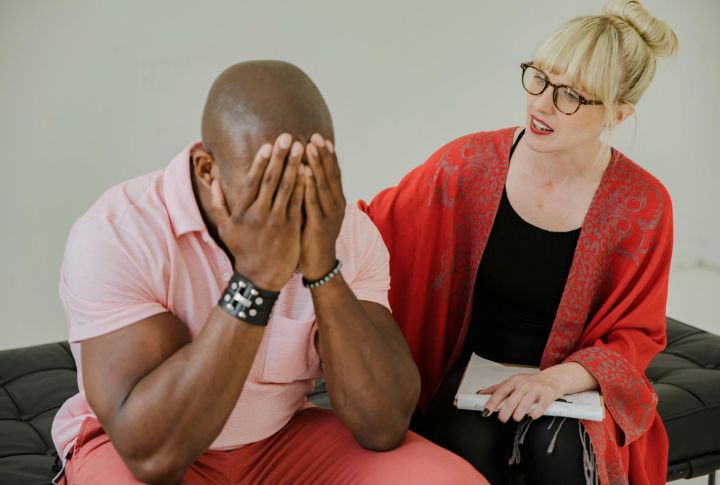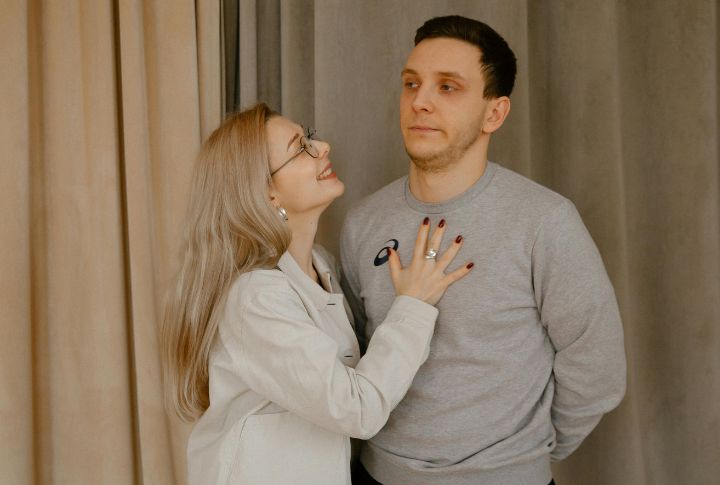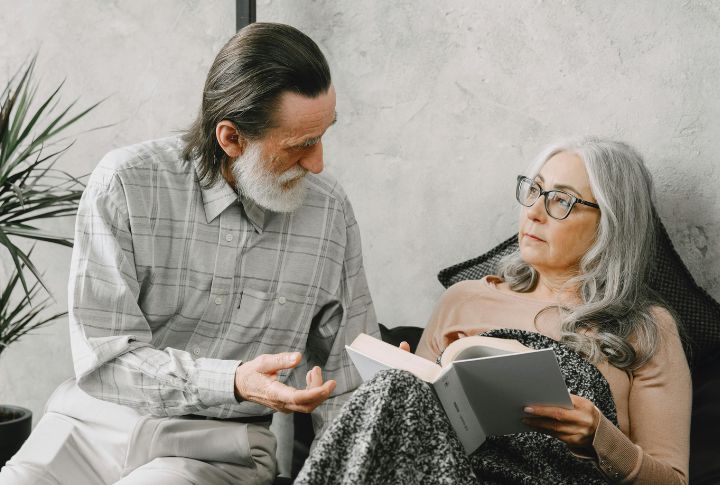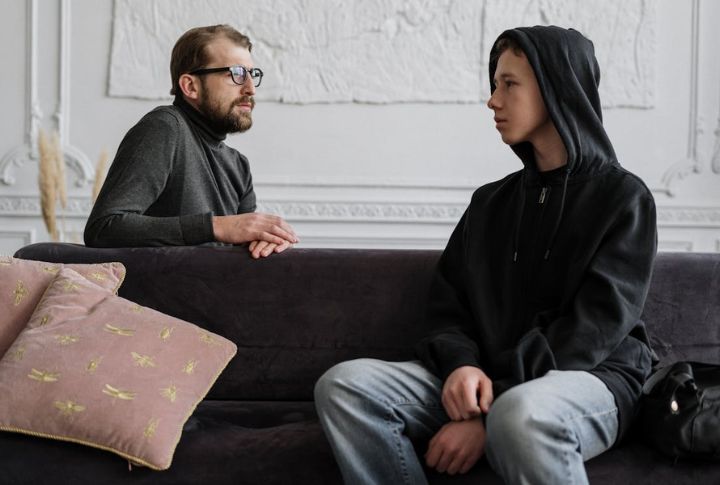
Families don’t always crumble because of shouting matches. Sometimes, they unravel through silence—the kind that slowly teaches you your voice doesn’t matter. These quiet wounds build behind everyday smiles and often linger well into adulthood. The following 20 phrases are shared from the perspective of those who feel left out, reflecting their emotions and inner thoughts. And if you’re a friend who hears them, reassure them that you’re listening and that you care.
“Does Anyone Even Notice When I’m Not Here?”

This remark screams that you’re in the room, yet somehow invisible. The aching thought creeps in: would anyone even notice if you vanished for a while? Over time, this quiet hurt becomes self-protection. You start sharing less, just hoping someone finally sees you.
“I Guess My Feelings Don’t Matter”

It’s what slips out after you’ve opened up one too many times and been met with silence—or worse, dismissal. You start to believe your emotions take up too much space. You even convince yourself that quiet is safer than being overlooked again.
“You Only Talk To Me When You Need Something”

At first, when you hear yourself say this, it’s easy to shrug it off—just another call that’s a pure coincidence. But over time, the pattern grows harder to ignore. To you, every chat feels transactional, every thank-you rehearsed. What once felt like love now feels like obligation, and it’s heavily one-sided.
“I’m Always The Last To Know”

Being left out of family decisions stings more than people admit. And whenever you utter “I’m always the last to know,” it reflects a lack of belonging. This repeated exclusion slowly unravels the emotional thread that ties families together in transparency.
“Why Do I Have To Beg To Be Heard?”

This phrase doesn’t come from anger—it’s from exhaustion. You’ve spoken, explained, and repeated yourself, yet your words never seem to land. It’s the feeling of shouting into a void where connection should be. After a while, pleading for attention feels more humiliating than staying silent.
“It’s Like I’m Not Part Of This Family”

The whisper—“I don’t belong”—cuts deep, and it encompasses emotional distance that slowly widens with every overlooked moment. With time, what was once a connection becomes estrangement, and the pain of watching your place in the family quietly disappear.
“Nobody Ever Asks How I’m Doing”

It may start with a passing thought: “No one checks in.” But slowly, it settles in your heart like dust that never gets cleared. Growing up in silence teaches you that your emotions don’t count, and the belief of exclusion follows you everywhere.
“I Feel Like I’m Just Background Noise”

Have you ever felt like your words (or actions) barely register, like you’re just background noise in your own home? Conversations move on without pause, and your thoughts get lost in the shuffle. Soon, you start to wonder if remaining quiet is easier.
“You Never Remember What’s Important To Me”

Every time your values or small joys are overlooked—like birthdays—the close, familial bond weakens just a little more. The slow erosion of recognition builds an invisible wall within the family, until you start coexisting rather than living together.
“I’m Tired Of Pretending Everything’s Fine”

This phrase screams exhaustion. When you say it, you are revealing the weight of constantly masking your true feelings to keep the peace. Pretending to be okay becomes a daily performance, and behind that quiet act lies a deep longing for someone to finally notice the truth. Your truth!
“Why Do I Always Have To Explain Myself?”

After years of living under the same roof, it won’t be an overreach to assume that certain things should be implied. Yet somehow, you still find yourself explaining what hurts and what matters. These repetitions can become exhausting.
“I’m Not Just Here To Keep The Peace”

You take on the role of peacemaker because someone has to, but it starts to wear you down. Smiling through tension and pretending things are fine becomes your job. Deep down, you wonder—if you stopped trying so hard, would anyone else even care enough to hold things together?
“I Feel Like I’m Walking On Eggshells”

Walking on eggshells is a quiet kind of fear—one that teaches you to whisper your truth instead of speak it. Sometimes, it completely muffles your voice. This anxiety, tied to being misunderstood, takes a heavy toll, even in situations where you are right.
“I Wish Someone Would Stand Up For Me”

There’s a quiet ache in realizing no one truly has your back—and these words capture that feeling completely. All of it chips away at your sense of worth. But the first time someone (or you) finally speaks up, it feels like light breaking through.
“I’m Always The One Compromising”

Compromise sounds fair until it’s always you making the sacrifices. You bend so often that you forget what standing straight feels like. Over time, peace stops feeling peaceful. It turns into quiet surrender, where your wants fade behind everyone else’s comfort.
“You Only See What You Want To See”

It’s challenging to connect with someone who only sees what’s convenient. This kind of tunnel vision leaves no room for your truth to exist. You start questioning your own emotions only to wonder if they’re valid.
“I Don’t Feel Safe Sharing How I Really Feel”

Behind polite smiles and measured words often lives a quiet fear of being judged or dismissed. This fear teaches you to hide the truth just to keep the peace. But silence builds walls that slowly separate hearts that were meant to stay connected.
“I’m Not Just Being Dramatic”

The label “dramatic” silences more than it protects. It teaches you to hide, to question whether your feelings are valid at all. The moment you stop apologizing for feeling deeply, you finally begin living honestly.
“I Wish Someone Would Ask Me What I Need”

This phrase comes from someone who’s used to giving but rarely being asked about their own needs. Here, you are projecting the loneliness of feeling unseen in daily life. Beneath it is a quiet plea for care—for someone to notice and to make space for their feelings too.
“I Feel Like I’m Always Interrupting”

It starts with hesitation—the quick pause before speaking, the glance to see if anyone notices. This feeling grows when conversations keep flowing without space for your voice. Eventually, you stop trying to join in, assuming your thoughts are disruptions instead of contributions that matter.

